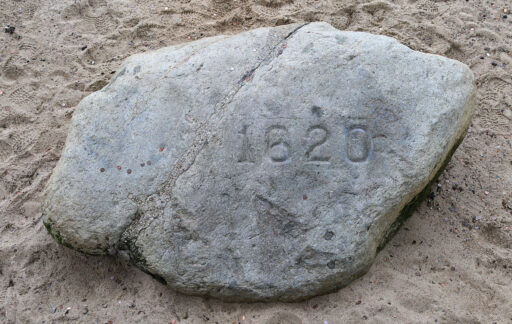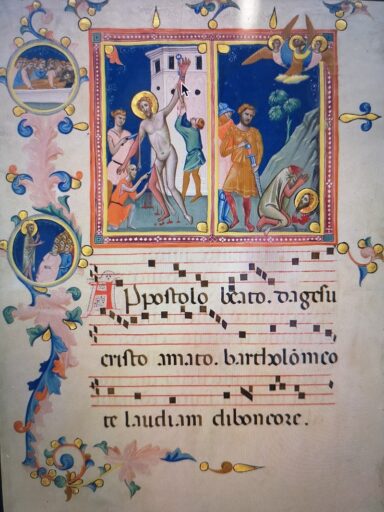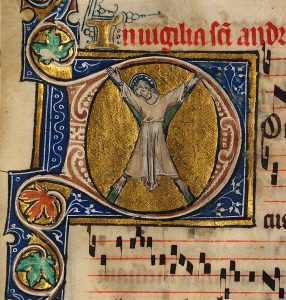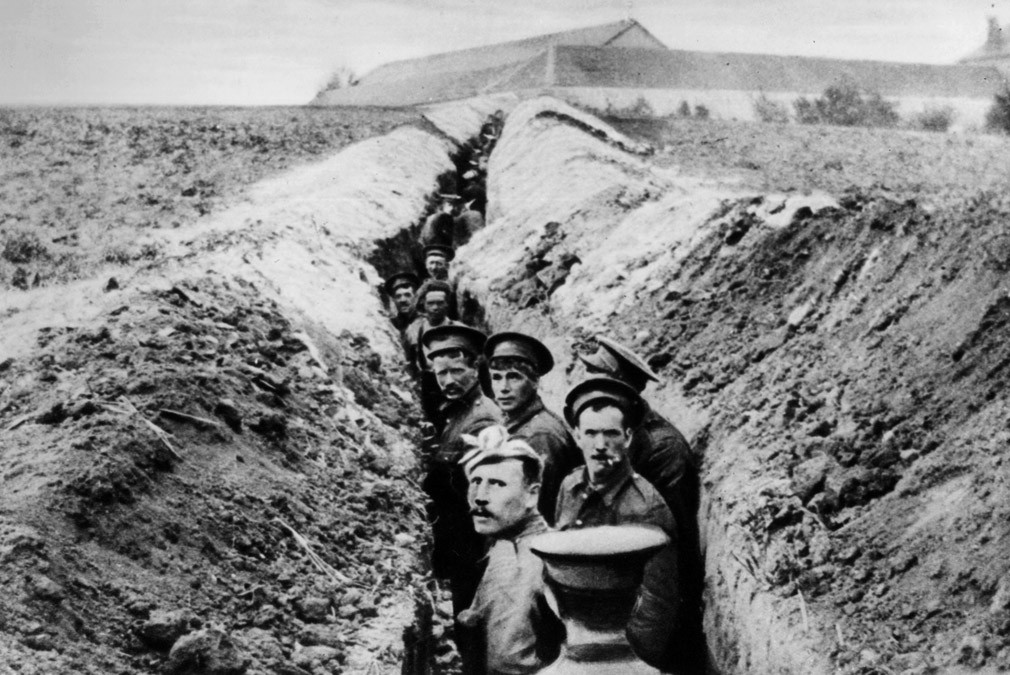A Momentous Occasion – 400-Year Anniversary
It is indeed a momentous occasion for America. Four hundred years ago, on November 11, 1620, the Pilgrims came ashore on land. That is now in Provincetown on Cape Cod. The Pilgrims’ story is a central theme in the history and culture of the United States of America. The Pilgrim Fathers were that band of Puritans who founded the colony of Plymouth, Massachusetts in 1620.
A pilgrim is defined a person who journeys a long distance to some sacred place as an act of devotion. They were escaping religious persecution and going to the Promised Land.
The Pilgrims Landing
“PROVINCETOWN – The year 1620 is etched in the annals of world history. It is the year a group of English settlers known as the Pilgrims seeking religious freedom boarded their ship, Mayflower. They braved a hazardous trip across the Atlantic Ocean to establish a new home.”

Seeing this date etched in Plymouth Rock is like seeing the writing on the Wall. “Mene, mene, teckel, upharsin” in the time of Daniel spelled the end for the Babylonian king and the end of the Babylonian captivity. It marks an especially important date for the people of God.
…

